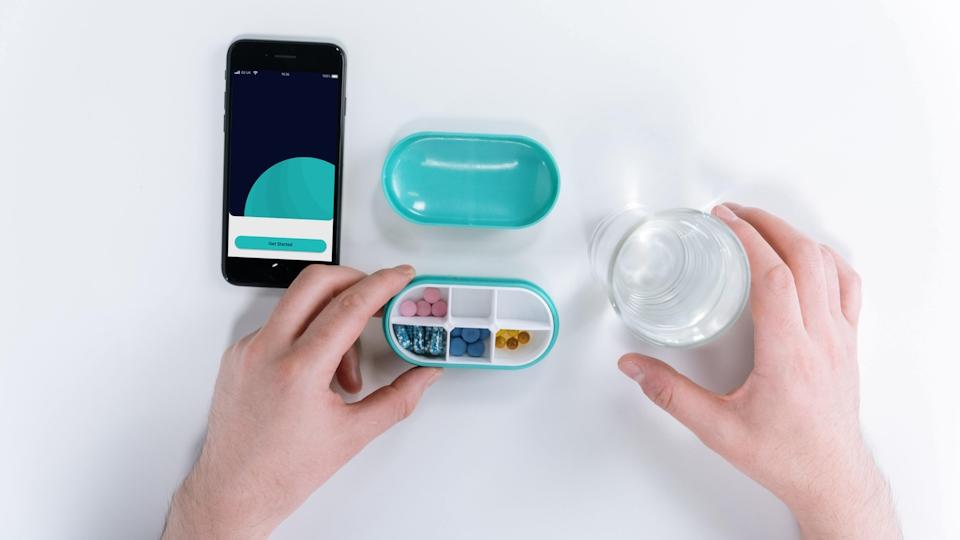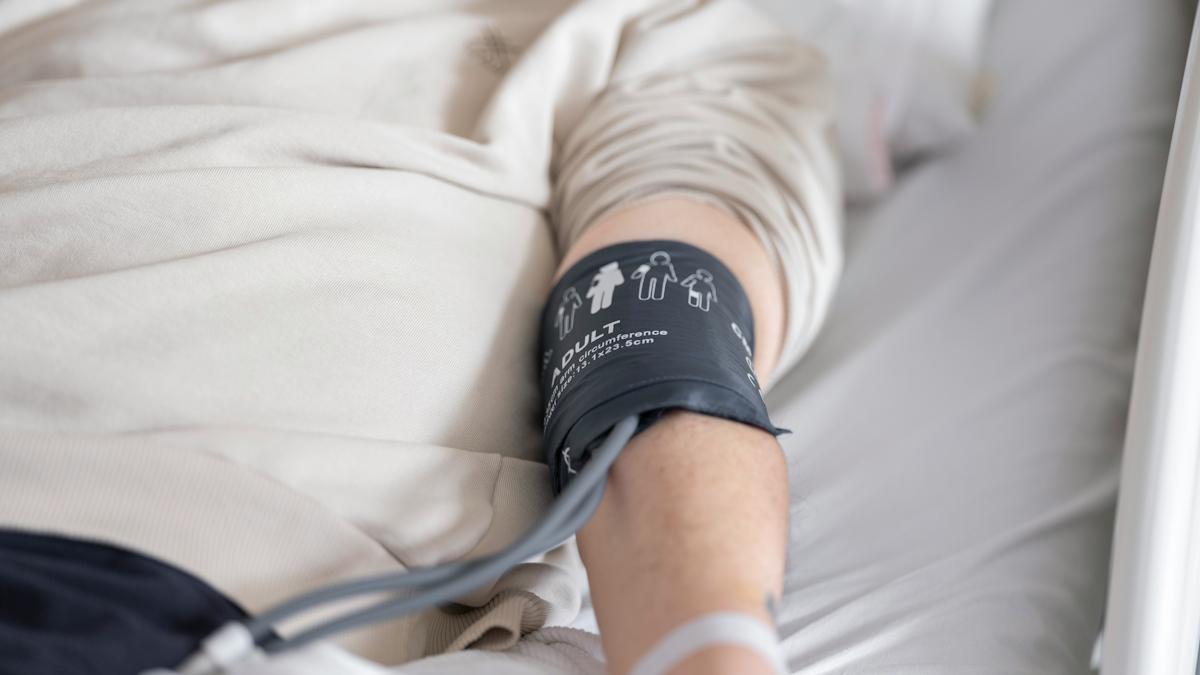Drug/software combination improves blood pressure control

The combination of drugs for hypertension and software to personalise dosing to an individual patient has been shown to deliver improved blood pressure control and adherence to therapy in a pilot study.
The PERSONAL-CovidBP trial of the smartphone-based CL-HT01 software – developed by UK health tech firm Closed Loop Medicine – has been published in the Journal of the American Heart Association (JAHA) and also showed reduced side effects in patients using it to manage their drug treatment.
The company now intends to carry out additional studies to explore the benefits of its software platform in hypertension, as well as other applications including diabetes and weight management programmes using GLP-1-acting drugs, like Novo Nordisk’s Wegovy (semaglutide) and Eli Lilly’s Zepbound (tirzepatide).
PERSONAL-CovidBP was an open‐label, clinical trial that asked 205 people with uncontrolled hypertension to carry out daily self‐monitoring of their blood pressure at home and use the app to guide the dose of amlodipine, a widely-used antihypertensive drug, as well as to report side effects.
The main outcome measure was the average change in blood pressure, which fell from 142/87 mm Hg to 131/81 mm Hg over the course of 14 weeks’ follow-up. The large majority of patients (84%) achieved control of their blood pressure using a personalised dose of amlodipine, between 1 and 9 mg per day. The standard dose of amlodipine is either 5 mg or 10 mg once a day.
It was remarkable that around a third (35%) of patients achieved blood pressure control on a dose of just 1 mg, suggesting that the software was sparing them from exposure to higher levels that could cause side effects. There were no trial discontinuations due to drug intolerance.
Despite being a first-line recommended antihypertensive drug, around 20% of patients discontinue amlodipine after a single prescription largely due to unwanted effects, such as peripheral oedema, according to Closed Loop Medicine.
“Often starting with very small doses, empowering participants to share both wanted and unwanted effects of medication helped us to work together to reduce blood pressure while minimising any side effects,” said lead investigator Dr David Collier of Queen Mary University in London.
“Some participants who had never tolerated full doses of any blood pressure medication got control for the first time,” he added.
“These findings are invaluable in demonstrating the power of personalising the dose of existing therapeutics in areas as widely impactful as hypertension,” said Dr Hakim Yadi, the Cambridge-based company’s co-founder and chief executive.
“To improve patient outcomes, we need to shift to a world where we treat the individual, not just the disease,” he added.
For more on Closed Loop Medicine's approach to personalised health, watch the video below:













